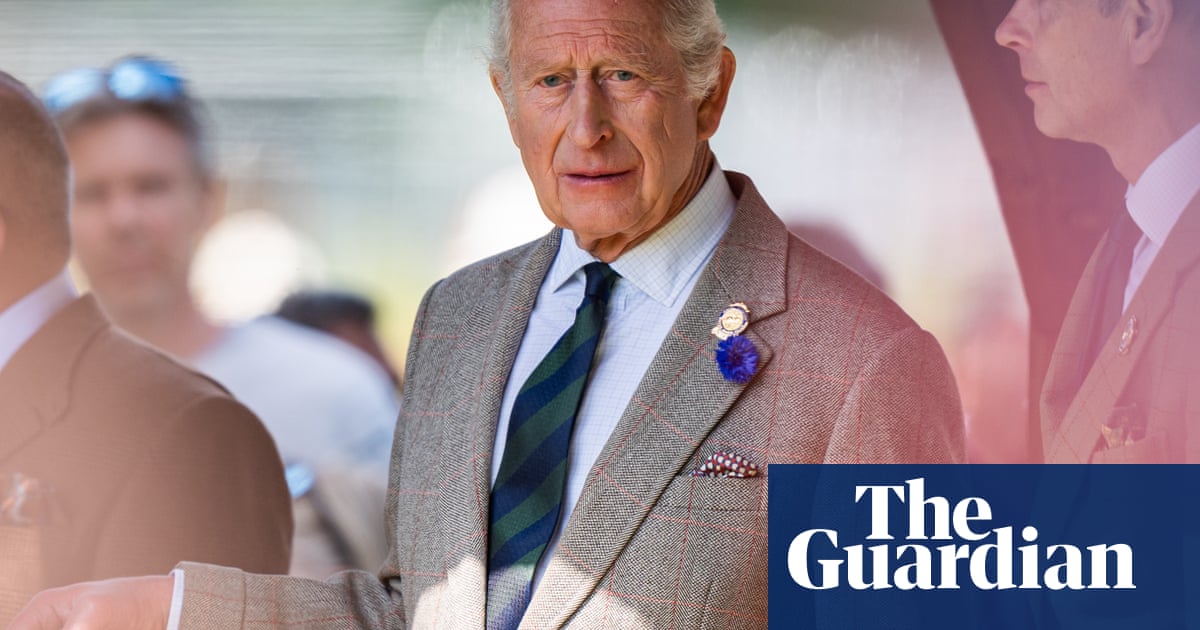King Charles’svisit toCanadawill “reinforce” the country’s sovereignty against threats fromDonald Trump, the Canadian high commissioner in the UK has said.
Ralph Goodale reiterated his country’s independence as Charles and Camilla visitedCanadaHouse in central London on Tuesday ahead of their trip to Ottawa later this month.
Speaking about Trump’srepeated suggestions that Canada could become the 51st state, Goodale told journalists that the king’s visit will show Canada is “the true north, strong and free – and we will stay that way”.
Charles will open a session of the Canadian parliament on 27 May – the first time a monarch has done so since 1957.
The visit comes after the election of Mark Carney – a former governor of the banks of Canada and England – as Canadian prime minister, amid a wave of anti-Trump sentiment.
“It’s a very important opportunity for His Majesty to be in a forum where he will have the opportunity to speak to Canadians at a time when that message about the significance and the strength of Canadian sovereignty needs to be reinforced by every means possible,” Goodale said.
“The prime minister has made it clear that Canada is not for sale now, is not for sale ever.
“The king, as head of state, will reinforce the power and the strength of that message.”
As Charles undertakes his duties as head of state of Canada, he is also playing a role in Keir Starmer’s attempt to maintain strong relations with the US.
Charles is expected to host Trump for an unprecedented second state visit, after Starmer handed the president an invitation letter from Charles at the White House in February.
Carney has criticised that invitation, saying it “cut across”messages his government is trying to send to the White Housein response to threats against Canadian sovereignty. He said Canadians “weren’t impressed” by the gesture “given the circumstance”.
Goodale told the UK’s PA news agency that Carney’s words were “direct” and “very accurate”.
He said: “The prime minister was asked the clear, direct question: what do Canadians think? He answered it very directly and very accurately as an assessment of what Canadian public opinion was at that time.”
The monarch’s arrival at the high commission marked the 100th anniversary of Canada House in London.
The king and queen will visit Ottawa from 26t May to 27 May 2025. The visit will be Charles’s first to Canada as sovereign. He will hold audiences with the governor general and Carney before a short ceremony to swear in the queen as a member of the Canadian privy council.
He will attend the state opening of parliament accompanied by the queen. During the ceremony, he will deliver the speech from the throne to the Senate Chamber.
The occasion will be only the second time that the sovereign has opened a parliament, following Queen Elizabeth II opening the twenty-third Canadian parliament in October 1957, and the third time a sovereign has delivered a speech from the throne.
